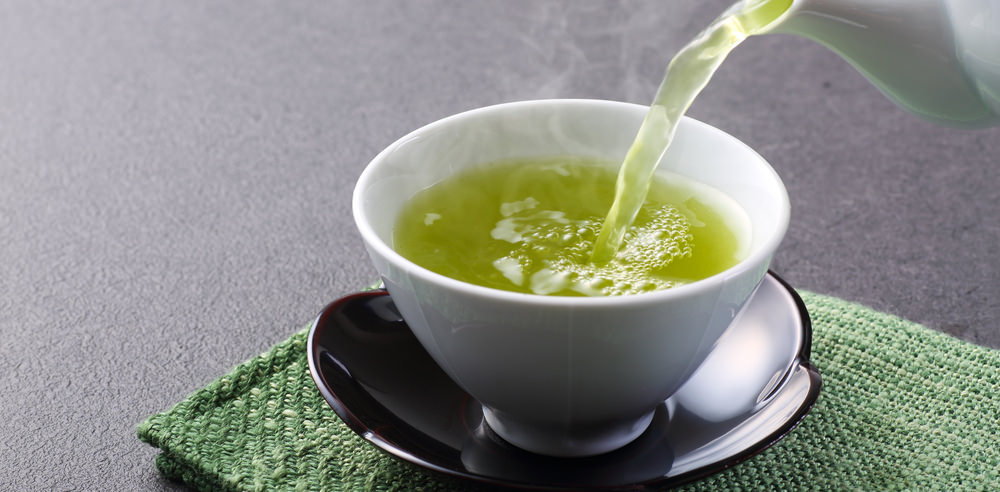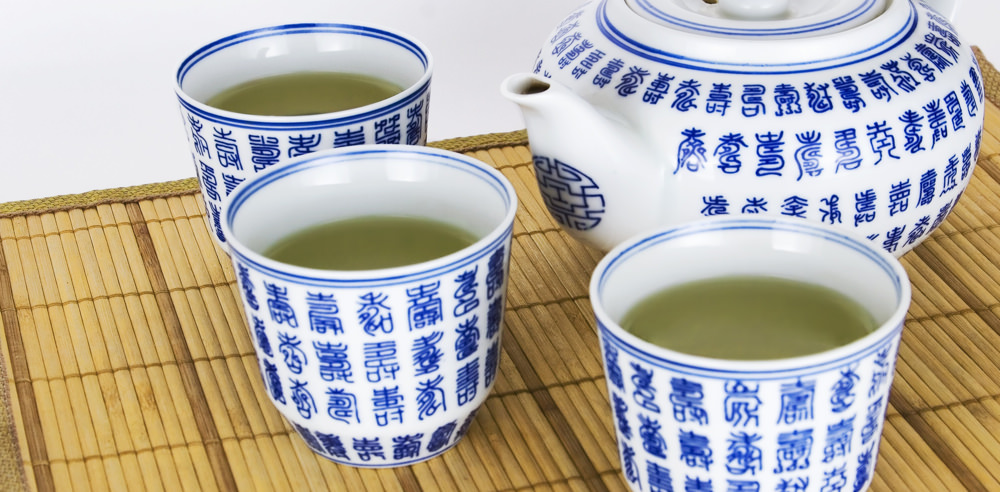
There are a ton of reasons you should be drinking green tea. Alzheimer’s prevention has now been added to that long list of benefits.
Green tea, specifically EGCG, is constantly being researched for its benefits in helping with terrible diseases like obesity, blood pressure, insulin resistance, cardiovascular disease, cancer, and Parkinson’s disease to name a few.
Now, the latest studies in health science have revealed that green tea may be a safeguard against Alzheimer’s disease and other types of dementia. It’s all about EGCG, an extract of green tea that holds a magical wand that could possibly prevent this devastating disease.
Alzheimer’s is the most common form of dementia. It develops when there are a number of damaged brain cells and a build up of toxic protein fragments called amyloid beta in the brain.
The disorder has a negative impact on memory, thinking ability and day-to-day behavior.
The Alzheimer’s Association of the USA estimated that in 2015, 5.3 million Americans of all ages suffered from Alzheimer’s. Although the majority were people aged 65 and older, around 200,000 individuals were under the age of 65.
In 2014, a study at the University of Basel in Switzerland found that green tea plays an active role in improving brain function and can be successfully used to treat Alzheimer’s and dementia patients.
In this study, half of the participants received a drink with green tea extract and the rest were given the same drink without the extract. The researchers noticed that the people who were given the extract had increased brain activity in the areas responsible for memory.
There are also studies form both Japan and China that show that the green tea compound, EGCG, attacks the root cause and provides protection against Alzheimer’s. These studies found that EGCG has a protective effect on the brain and could lead to improvements on the harm caused by psychological stress.
A research article in the Journal of Alzheimer’s Disease says that the compounds in green tea such as EGCG, theanine and other flavonoids have shown to reduce amyloid-induced mitochondrial dysfunction, which is known to aid in the development of Alzheimer’s.
Another research study that appeared in the Molecular Neurobiology journal claimed that EGCG reduced the death of the brain cells and dramatically decreased the build up of toxic protein fragments in the brain.
The connection between the prevention, and possible treatment, of Alzheimer’s and green tea consumption is all too clear. This is all the more reason to consider making green tea part of your daily routine.
Chen, W., Zhao, X., Wang, D., Li, S., Hou, Y., Hong, Y., & Cheng, Y. (2010). Effects of epigallocatechin-3-gallate on behavioral impairments induced by psychological stress in rats. Experimental Biology and Medicine, 235(5), 577‑583.
Dragicevic, N., Smith, A., Lin, X., Yuan, F., Copes, N., Delic, V., Tan, J., Cao, C., Shytle, R. D., & Bradshaw P. C. (2011). Green tea Epigallocatechin-3-Gallate (EGCG) and other flavonoids reduce Alzheimer’s amyloid-induced mitochondrial dysfunction. Journal of Alzheimer’s Disease, 26(3), 507‑521.
Kakuda, T. (2002). Neuroprotective effects of the green tea components theanine and catechins. The Pharmaceutical Society of Japan-Biological and Pharmaceutical Bulletin, 25(12), 1513‑1518.
Liu, M., Chen, F., Sha, L., Wang, S., Tao, L., Yao, L., He, M., Yao, Z., Liu, H., Zhu, Z., Zhang, Z., Zheng, Z., Sha, X., & Wei, M. (2013). (−)-Epigallocatechin-3-Gallate ameliorates learning and memory deficits by adjusting the balance of TrkA/p75NTR signaling in APP/PS1 transgenic mice. Molecular Neurobiology, 49(3), 1350‑1363.
Schmidt, A., Hammann, F., Wölnerhanssen, B., Meyer-Gerspach, A. C., Drewe, J., Beglinger, C., & Borgwardt, S. (2014). Green tea extract enhances parieto-frontal connectivity during working memory processing. Psychopharmacology, 231(19), 3879‑3888.


